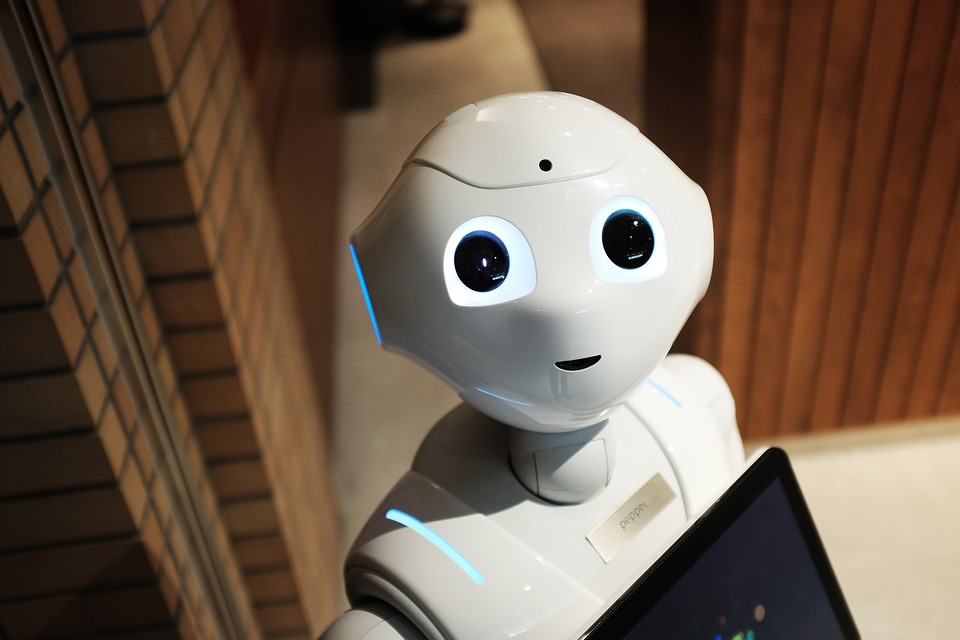People today cannot truly grasp history and fully comprehend (possibly literally) what should be learned from it because it is for many of them, especially the new ones in school, just words on a page.
Nothing educates like experience, like how you can teach a skill from a book but to truly understand it you must practice it, probably poorly at first but better with further action.
History cannot truly be experienced by someone who was not there, whether kept apart by time or distance. We can try to bridge the gap with our spoken and written words, and today maybe a video feed, but it is not the same. Just doesn’t adhere to our fleshy brains the same way.
This also means that “true” historical fact and utter fiction are often indistinguishable. The only difference between a history book and a historical fiction is that we are encouraged by our parents who we trust implicitly, or our teachers they tell us to trust, to believe that one book be the true one over another.
Kids today cannot understand the gravity and lessons of the time before because what they have experienced first hand in their short lives is the only thing they truly know to be real. As for everything else, it would be just as easy to give them an alt-history fiction and convince them we saved our country from actual lizard men. And they would believe it with just as much vigor as any other history lesson.
This is why I think some major issues are easily glossed over by the newest generations. Their entire life experience is based in a world which is not perfect, but also not as bad or the same as the events before. And the accounts of the past just don’t hold the same gravity as their experience of world today, making those who did experience worse and are rightly afraid seem like they are exaggerating. We ask people to feel just as concerned about something they have never lived through and hopefully never will, with the same feeling as those who truly have. And it would be like asking someone to feel like they’ve lived through a novel or movie, because to their brain there is no difference. I feel that’s why there is a struggle to connect and cooperate on these issues.
It doesn’t help that history is malleable because of its apparent intangibility. There is the fear these days that misinformation, propaganda, and AI created fiction can be easily spread along today’s internet, to influence the minds of people everywhere and convince them of non-truths. Politicians and leaders of nations are even at this moment pushing legislation to set the tone of history taught in schools. Should any of this succeed, one generation will know history to have one set of facts, and the next will have another set. They will both hold these facts to be as irrefutably true as any others they’ve learned. I feel that this is so easily possible because of how, fundamentally, the “true” and false histories are cut from the same cloth and leave the same mark on the mind.
Notice how I keep putting “true” history in quotes? It’s because I ask, what is true history? Is it not said that history belongs to the victor? Propaganda, book burnings, internet/information restrictions, statues and landmarks put up and torn down… History is subjective, altered every day to suite a narrative or changing sensibilities. Different countries educate on different perspectives and opinions of the same events, and each is the world truth according to their citizens. This practice continues even into today, with wars going on and different sides with different opinions on why they are happening…and when one is victorious, one side will influence the collective record through alliances old and new, and make that the truth. Eventually. And if that side so happens to be known by the witnesses of the time to be false, then what will become future historical truth, will actually just be fiction.
Or really, all just words on the page, like all history not personally witnessed.
I’m sorry you spent so much time on this.
I’m sorry to have spoiled your day/feed. Thanks for commenting though! I can never tell if the downvotes are meaningless bots or not.
Didn’t effect my day, but I suspect the downvotes are because this sounds a lot like promoting misinformation, or an attempt to warm people up right before you feed it to them.
Hrmm. You might be onto something there.
Any thoughts how I might approach this issue or is it kinda moot given the whole concept is how weak our ability to connect to factual history is?
You might be interested in doing some reading on the subject of epistemology. I think it’s a mistake to suppose that the hard basis of knowledge is experience alone, especially given that so much of our knowledge is formed through abstraction, and there’s many questions of what it may even mean to directly experience anything to begin with.
Reflect on any historical moment you may have lived through to this point. The entire ability to recognize it as an historical moment itself suggests conceptual models of the events of being that are not in themselves necessarily representative of a true, factual basis unless one may somehow be privy to a wider range of information and knowledge than any individual typically has. One’s experience of that historical moment then will be no more representative of a true history than any so-called victors nor any other everyday people.
Only after reflection and careful investigation of the moment and the contexts surrounding it may people come closer to something resembling a true historical account (and historians could speak better to what more be may involved in striving after this than I’m indicating here). It is much the same, imo, for any efforts to develop knowledge. Anything less may be some interesting stories that may hold some fragments of truth and facts, but are disorganized folk knowledge at best, perhaps malicious disinformation at worst.
Do you think there is anything that can be done about it? It seems like that thats just kind of a fact of life. Thats why sourcing facts is so important, its the only real option for knowing what is most likely true.
Also I feel like there are many issues I did not personally face but that I understand the importance. I never lived through the great depression but I can understand why its important to have savings for hard times.
Not trying to argue just discuss.
Thanks for stopping by!
I’m…not actually sure. You’re right it seems to just be a fact of life. I was recently in a long winded political discussion about the current times, things like the whitewashing of slavery in history and how we seem to be on a road to fascism even though we’ve seen it all before and how people can care so little.
Some alternative facts got invoked that the guy seemed like he truly believed, and when the actual facts were present their sources were challenged and…it led down the rabbit hole of what makes our sources more right than his? Because someone said so?
It clicked for me that propaganda works, he truly believed his version of history, and even my version was just books someone wrote that I was raised to believe were the right ones. I have never been a slave, despite what people are starting to call employment, I have never known a slave. I only believe slavery was a horrible tragedy because a book told me so. I will never share the same level of care on the issue as someone who is or even directly knew someone affected. And with only a different book I could have very easily ended up just like him, as so many already have, believing in race replacement theories and reversals of oppression and whatnot. How can such different concepts both exist as facts? Because neither have true substance, only belief.
I guess all we can do is keep fighting the good fight for knowledge, keep any one side from choosing what we learn, hoping that in a tenuous balance we get the most fair education we can, and, if there is indeed a biological or literal inability to emphasize with recorded history, we need to come up with different ways to teach important concepts without relying on acceptance of history as fact. And/or learn as a society to accept that apathy to a problem is OK as time wears on.
Other than that I’m not sure what we can do. It does seem rather bleak watching society self-destruct over things that seem to have historical warning but it isn’t so clear for others, despite us all technically sharing the same world history. And it’s only getting worse as politics and religions invade our educations(again?).
Inability to entertain the hypothetical
Here is an alternative Piped link(s):
https://piped.video/9vpqilhW9uI
Piped is a privacy-respecting open-source alternative frontend to YouTube.
I’m open-source; check me out at GitHub.
Something you are told about from the past (and whatever else) can sound epic or horrible. Something you’ve heard can lift your mood or give you a feeling of sorrow.
Experiencing the told story and the feelings you’d experience within however is nothing compared to the feels you get from a story.




